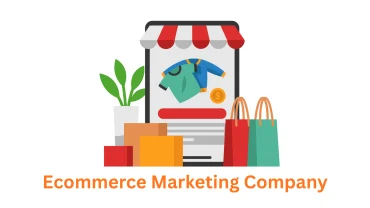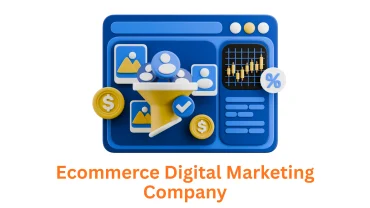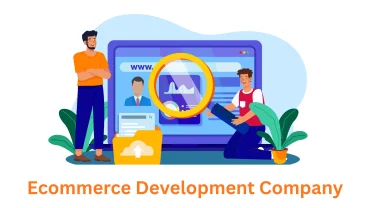Shopify has become a dominant force in e-commerce, empowering businesses of all sizes to create stunning online stores. To stay ahead of the competition and provide exceptional customer experiences, it’s crucial to keep up with the ever-evolving landscape of Shopify development. In this post, we’ll delve into the latest technologies, platforms, and tools that are shaping the future of Shopify stores.
Trending Technologies
-
Headless Commerce: Headless architecture is revolutionizing Shopify development by decoupling the front-end (the presentation layer) from the back-end (the e-commerce platform). This provides unparalleled flexibility in design and customization, allowing developers to use any front-end framework they prefer (e.g., React, Vue.js, Angular) while still leveraging Shopify’s robust e-commerce capabilities.
-
Progressive Web Apps (PWAs): PWAs offer the best of both worlds: the app-like experience of native mobile apps and the accessibility of web pages. PWAs load quickly, work offline, and can be added to a user’s home screen. Shopify has invested heavily in PWA development, making it easier for developers to create high-performing PWAs for Shopify stores.
-
Artificial Intelligence (AI) and Machine Learning (ML): AI and ML are being integrated into Shopify stores to enhance personalization, improve product recommendations, optimize pricing, and automate customer service tasks. AI-powered chatbots can handle customer inquiries, while ML algorithms can analyze customer behavior to predict future purchases.
Essential Platforms and Tools
-
Shopify Hydrogen and Oxygen: Shopify’s Hydrogen (React-based framework) and Oxygen (hosting platform) simplify the process of building custom storefronts and headless commerce experiences.
-
Shopify Functions: This serverless platform allows developers to extend and customize the backend logic of Shopify stores. Functions empower developers to create custom discounts, shipping rules, and checkout experiences.
-
Shopify App Store: The Shopify App Store is a treasure trove of third-party apps and integrations that can add functionality and streamline operations. From marketing automation to inventory management, the App Store has a solution for almost every need.
-
GraphQL: Shopify’s GraphQL API provides a more flexible and efficient way to query data from Shopify stores. GraphQL allows developers to request only the specific data they need, resulting in faster and more responsive applications.
Future-Proofing Your Shopify Development
- Embrace Mobile-First Design: Mobile commerce is booming, and it’s essential to prioritize mobile-friendly design when developing Shopify stores.
- Invest in Performance Optimization: Fast-loading stores lead to higher conversion rates. Regularly optimize your store’s code, images, and other assets.
- Stay Informed About Updates: Shopify is constantly releasing new features and updates. Stay abreast of these changes to ensure your store remains up-to-date and competitive.
Need Expert Help?
If you’re looking for a Shopify development service provider to help you navigate these technologies and create a cutting-edge e-commerce experience, Associative is here to help. Our team of Shopify experts can help you with:
- Website and Web Application Development
- E-commerce Development
- Search Engine Optimization (SEO)
- Digital Marketing
- Blockchain Development
- Web3 Development
- Android and iOS Mobile App Development
- Cryptocurrency Wallet Development
- Software Development
- Game Development
Contact us today to discuss your Shopify development needs!
To learn more, consider reading other articles, blogs, and stories in this area.
Shopify Store With The Best Development Partner
Shopify Store: Essential Themes, Extensions & Plugins
Your Online Store with Expert Shopify Development Services
Your Shopify Store: Mastering the Latest Technologies, Platforms & Tools
Demystifying Shopify Development: A DIY Guide to Building Your Online Store
Shopify Development: Your Gateway to a Thriving Career in E-commerce
Your E-commerce with Expert Shopify Development
The Shopify Developer’s Toolkit: Essential Technologies, Platforms & Tools
Mastering Shopify Development: Your Path to E-commerce Success
Your Guide to Landing Lucrative Shopify Development Jobs (Freelance & Beyond)



Comment (0)